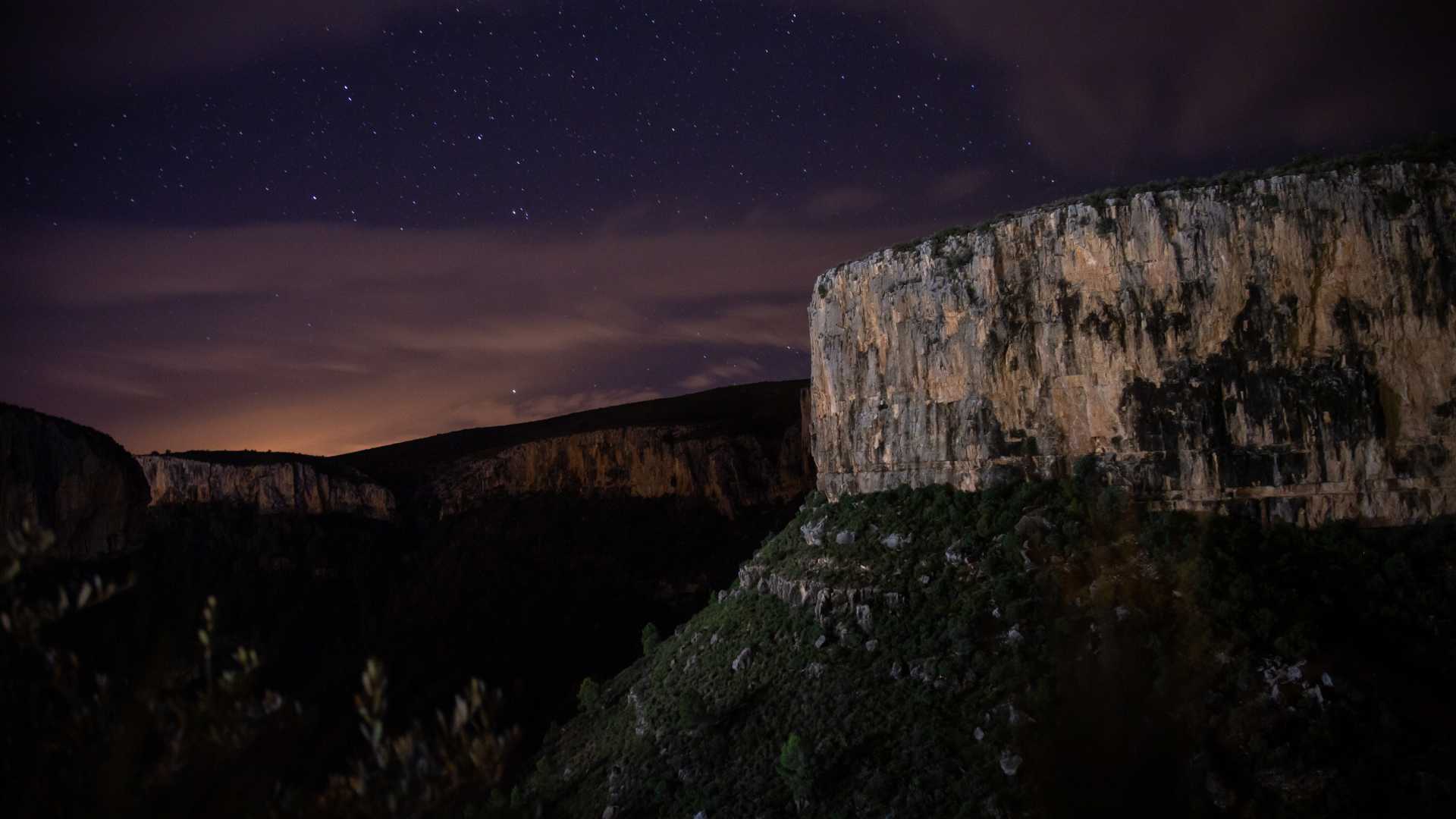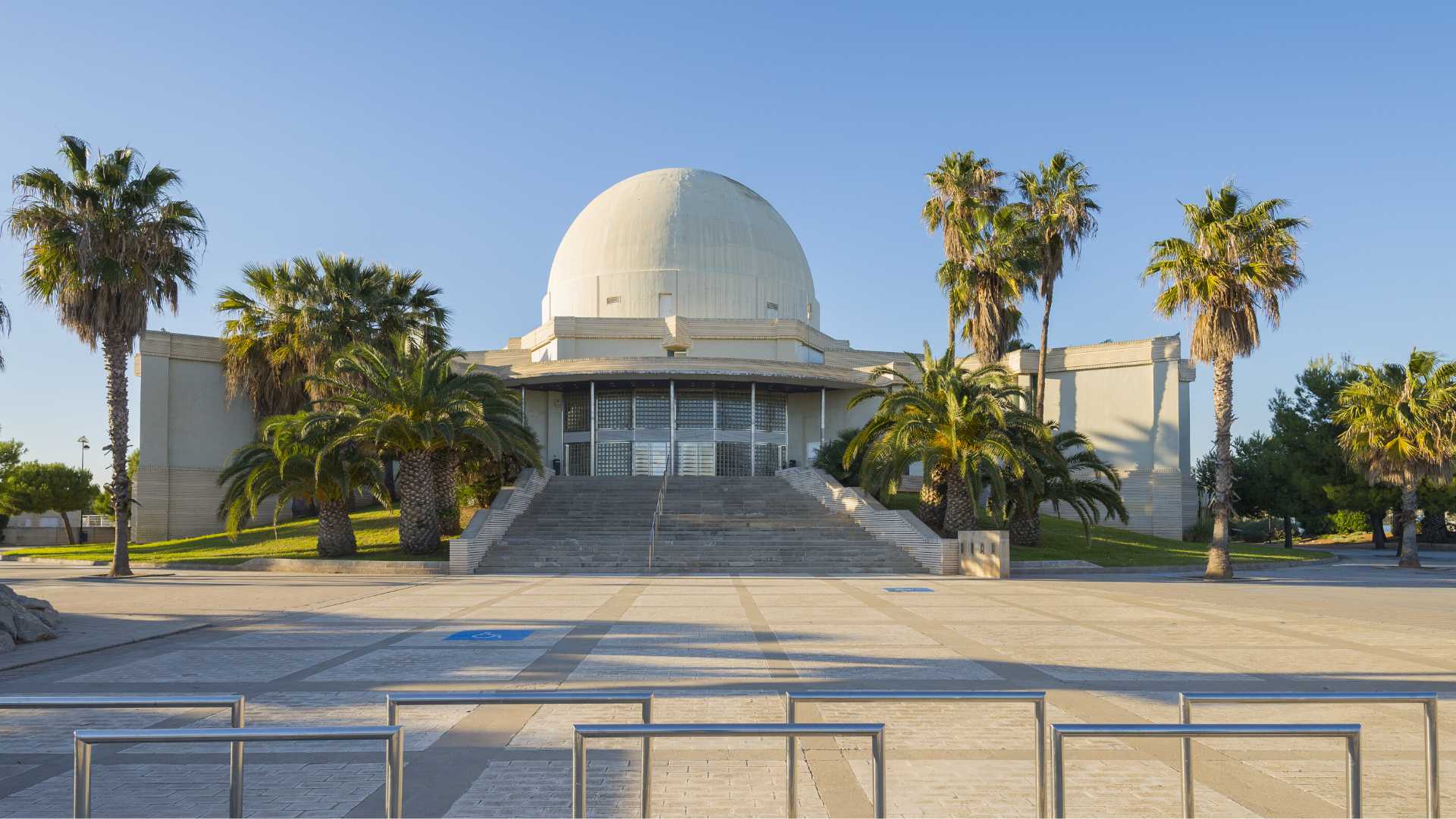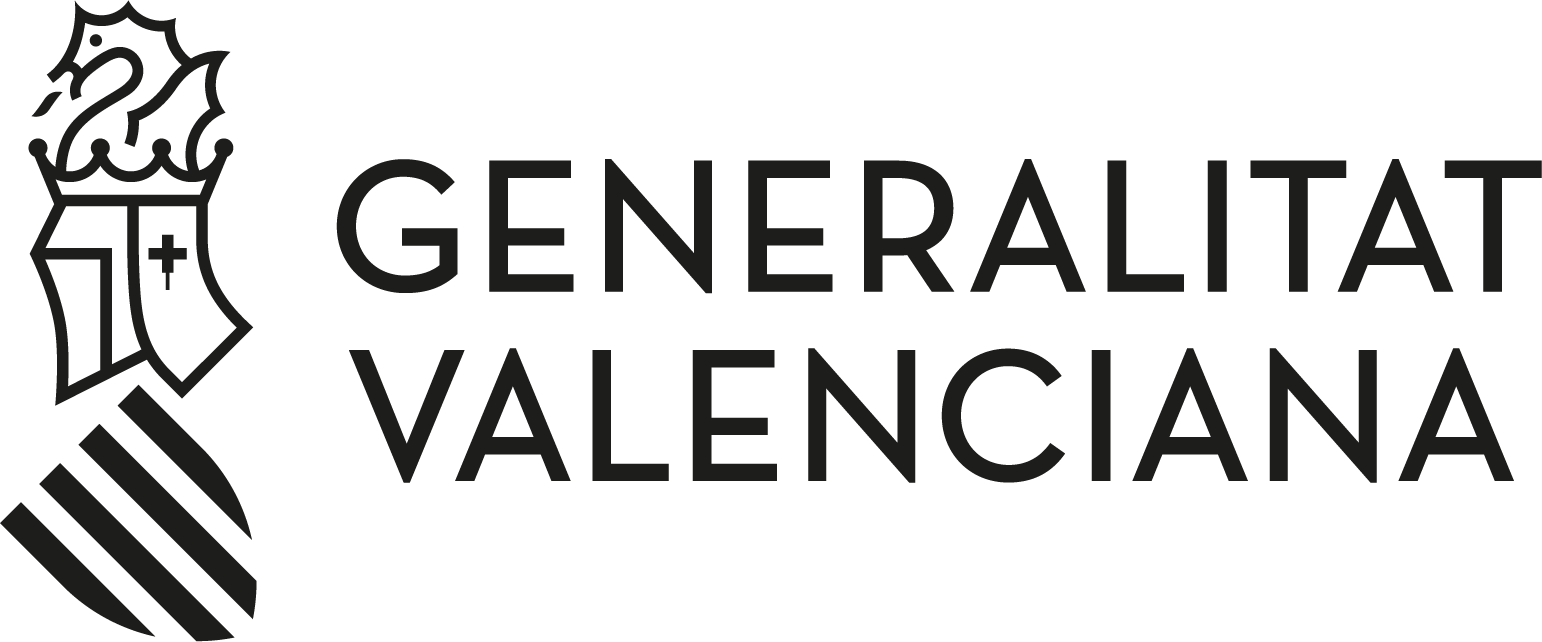Science tourism: stargazing in the Region of Valencia
Published 02/10/2020
Point your nose starwards and be captivated by the immense beauty of the universe. Valencia offers science tourism at its best.
To travel is to learn. To travel is to absorb culture. To travel is to live new and incredible experiences. You might do this by savouring the local cuisine, delving into history, immersing yourself in culture – and now – gazing at the stars.
Over recent years, science tourism has become a big thing. It’s a popular way of travelling, of getting to know the different facets of what gives a destination its essence. This is sustainable tourism at its finest, based on obtaining and sharing scientific knowledge, while also falling into the remit of cultural tourism and experience tourism.
Out of science tourism has come astrotourism. An awe-inspiring experience that involves seeking out sparsely populated areas with minimal light and sound pollution so you can look to the night skies and gaze at the clear and starry spectacle.
Astrotourism in the Region of Valencia
The Region of Valencia is the perfect place to enjoy astrotourism. And we’re not the only ones to say so: Fundación Starlight, which is tasked with protecting the starry sky and sharing astronomical knowledge, has recognised the stargazing potential of different areas across the Valencia region.
Alpuente, Aras de los Olmos, La Yesa and Titaguas are part of the Starlight Reserve in Gúdar-Javalambre, which has become a mecca for lovers of astronomy.
And these aren’t the only municipalities where you can enjoy astrotourism. You can also marvel at the wonders of the night sky at Culla, Morella, Els Ports area and Desert de les Palmes natural park.
The region also offers different types of accommodation designed for tourists who want to enjoy the starry nights across the breadth and depth of Valencia. Offering observatories, telescopes and even nocturnal events, these hotels and apartments are the perfect place to enjoy the Valencian starscape. Good news if you love inland destinations too, which are ideal for skygazing.
Astrotourism is bringing a whole new aspect to travelling in the Region of Valencia, which also offers a wide range of other attractions including hiking, gastronomy, history and culture.
Come to the Region of Valencia for astrotourism: to skygaze, to marvel at the wonders of the universe and live that feeling of amazement that nothing else quite delivers.
Other types of science tourism
The Region of Valencia offers science tourism through a variety of different organisations and projects. In every province in the region, you can visit places like Hemisfèric and Museo Príncipe Felipe in València, Castelló de la Plana Planetario, a planetarium that introduces little ones to space and the wonderful Museo Didáctico e Interactivo de Ciencias in Vega Baja del Segura (MUDIC).













